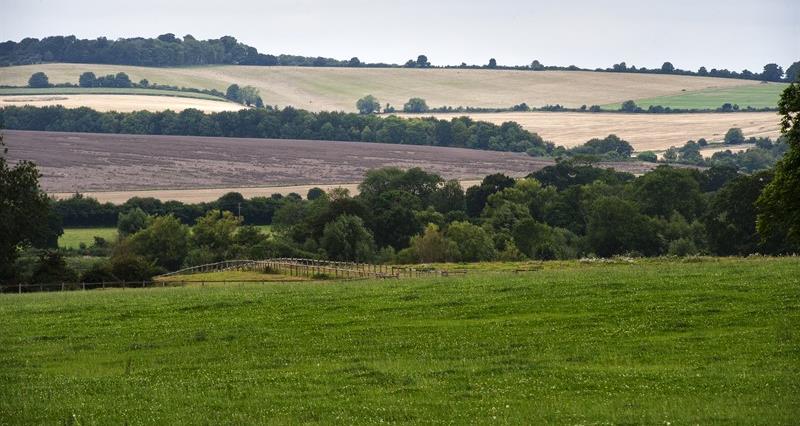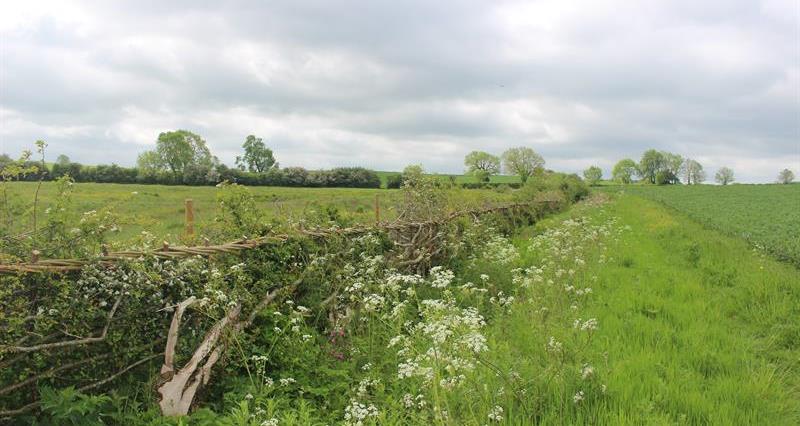Defra has said that the measures have been introduced following feedback from the farming community that there was a ‘consensus on the need to put in place some targeted restrictions’.
The six actions the cap will be applied to are:
- Flower-rich grass margins: IPM2
- Pollen and nectar flower mix: AHL1
- Winter bird food on arable and horticultural land: AHL2
- Grassy field corners and blocks: AHL3
- Improved grassland field corners or blocks out of management: IGL1
- Winter bird food on improved grassland: IGL2
The changes will not apply to SFI applications already submitted, agreements which have already been offered or existing SFI agreements.
From 26 March 2024 Defra will not accept applications where the amount of land in total that is entered into any combination of those 6 actions is above 25% of a farm’s total land.
NFU Deputy President David Exwood welcomed the announcement which he said “sets out to achieve a greater balance” between supporting food production alongside protecting and enhancing the environment.
“We have long said, it’s not an either or,” he added.
Keeping active farmers on the ground
Announcing the changes, Farming Minister Mark Spencer said these six actions “were always intended to be implemented on smaller areas of land and these changes will help to maintain this intention and continue our commitment to maintain domestic food production”.
Defra has said it was particularly keen to introduce these changes before the traditional point at which farm tenancies are reviewed in September.
The NFU’s Deputy President said: “An important principle of ELMs is that it does not disadvantage the tenanted sector and this will help keep active farmers on the ground while encouraging them to farm more sustainably. We will look through the detail when it comes to see how this will impact future land management choices.
“This will help keep active farmers on the ground while encouraging them to farm more sustainably.”
NFU Deputy President David Exwood
“Further development of the SFI and ELM schemes is crucial if we’re to ensure a future agricultural sector which is resilient and thriving, with farmers doing what they do best; contributing to our national food security by producing sustainable, climate-friendly food alongside protecting our environment.”
Defra has said it will continue to monitor SFI closely and ‘may limit other actions in the future to ensure that we maintain balance between food production and looking after the environment’. More than 15,000 SFI applications have been made so far, with more than 14,000 agreements offered.
According to Defra statistics, around 1% of farmers who applied to SFI 2023 have applied to put 80% or more of their farm into these six non-productive actions.
More information on the limiting of these six actions can be found in the SFI scheme guidance on GOV.UK.

